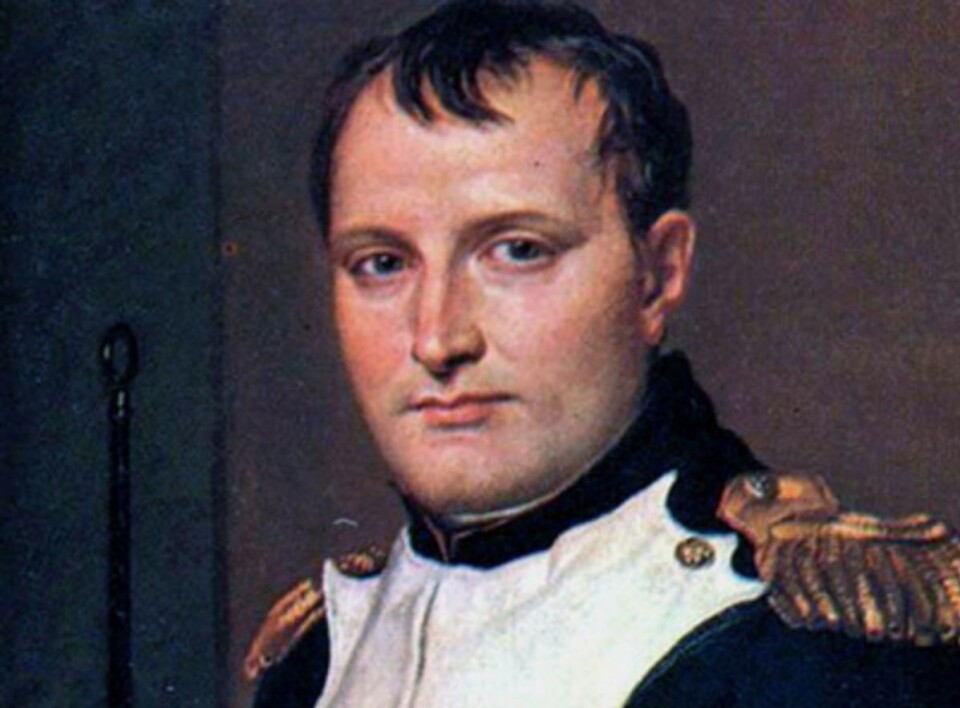-
How many Americans live in Paris - and where else are they choosing in France?
Over a quarter of all US nationals in France live in the capital city
-
Price rises for Netflix in France
The Standard (with ads) and Premium packages are increasing by €24 a year
-
Leclerc supermarkets to sell car fuel at cost price for Easter
The initiative will apply to diesel, petrol, and LPG
Napoleon bicentenary: Macron to commemorate (not celebrate) the leader
The president will mark the occasion without celebrating the accomplishments of the former emperor, who is controversial for having re-established slavery

President Emmanuel Macron will “commemorate without celebrating” the 200th anniversary of the death of Napoleon Bonaparte today (May 5).
He will give a speech at the Institut de France in Paris this afternoon - with academics and secondary school students in attendance - in which he will face up to the emperor’s legacy, which has been both acclaimed and condemned.
There will also be a presentation by the historian Jean Tulard, an expert on Napoleon in France.
This will be followed by a wreath-laying ceremony at Napoleon’s tomb under the Dôme des Invalides. Mr Macron will be accompanied by the minister of the armed forces Florence Parly, and Jean-Christophe Napoléon, an heir of the former emperor.
Opinions on Napoleon are divided today, with some historians and politicians saying that he should not be honoured.
Essayist Louis-Georges Tin has said the anniversary is time to transform Napoleon’s Paris tomb in Les Invalides into a museum of the Republic’s history.
He argues that Napoleon’s role in restoring slavery to Guadeloupe, where he had earlier abolished it, and confirming slavery in other places such as Martinique and Réunion, as well as his failed and bloody attempt to put down the slave rebellion in what is now Haiti, mean he should not be glorified.
Far-left politician Alexis Corbière, a history teacher, called Napoleon the “gravedigger of the Republic”, due to his dictatorial politics and heavy military losses.
Other historians have acclaimed Napoleon’s role in forming the modern French state – he ensured France had a unified, progressive legal system, reformed the economy, improving trade and introducing fairer taxation, and introduced religious freedoms.
You can read more about the debate on Napoleon in our article here, which featured in our May print paper: Napoleon: Should France mark the 200th anniversary of his death?
Napoleon Bonaparte (August 15, 1769 – May 5, 1821) rose to prominence during the French Revolution and led several successful campaigns during the Revolutionary Wars.
He was “Emperor of the French” under the name Napoleon I from 1804 until 1814, and then again in 1815.
Read more:
Napoleon’s big brother is honoured in US with memorial park and museum
Napoléon’s family keep his life on show
























